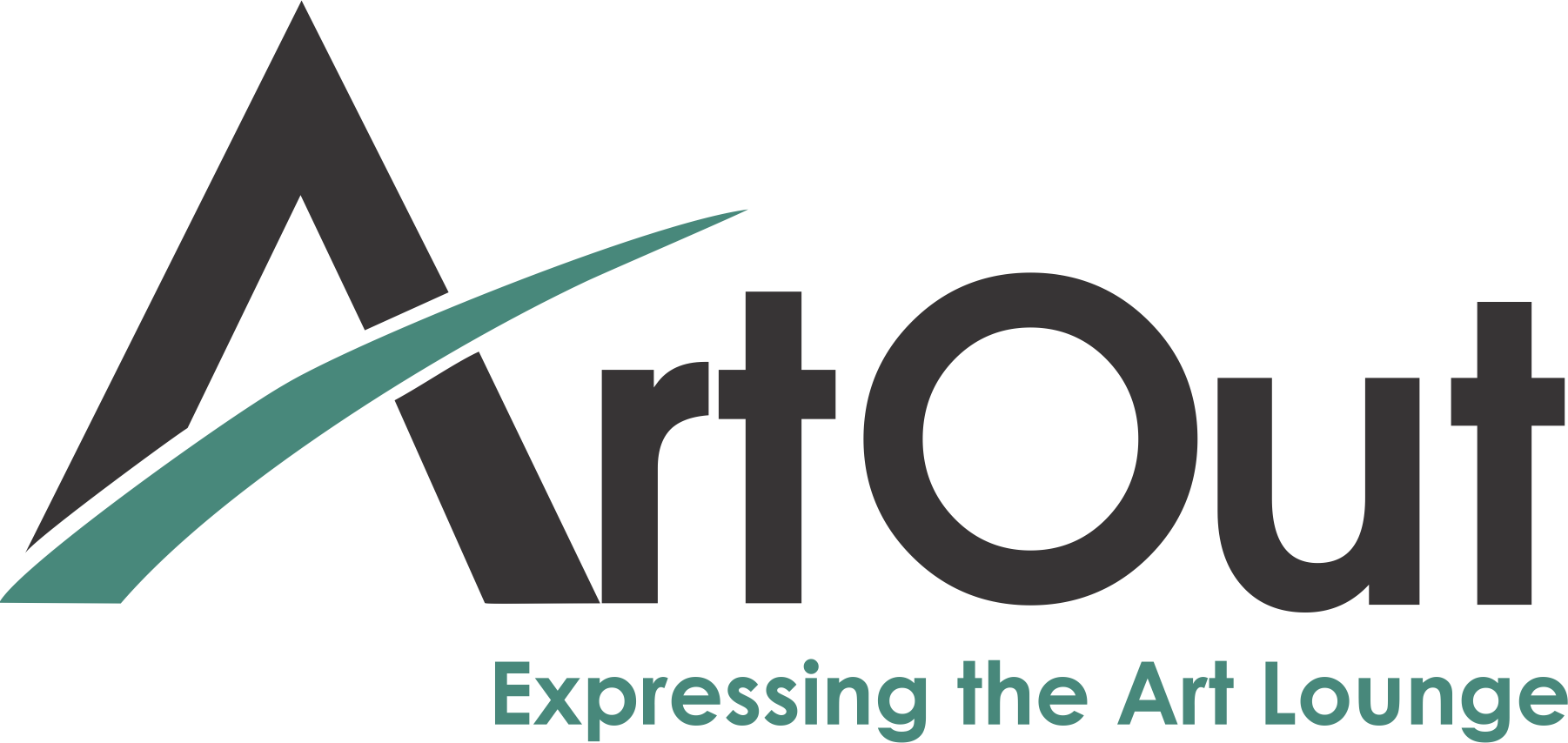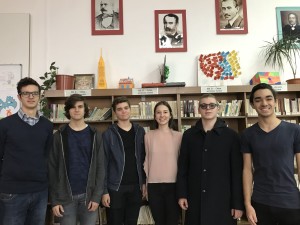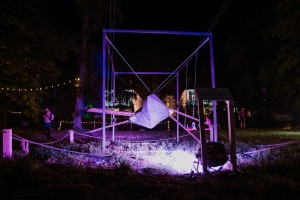Davos 2018
Switzerland has been the center of attention for the past few days, as it hosted the world’s biggest economic event. Davos-Klosters brought together a record number of personalities, including heads of state, government and international organizations, as well as business leaders, members from civil society, academia, the arts and media. The World Economic Forum’s 48th Annual Meeting took place between 23rd and 26th of January. The theme under which the participants were convened was Creating a Shared Future in a Fractured World.
“Our world has become fractured by increasing competition between nations and deep divides within societies. Yet the sheer scale of the challenges our world faces makes concerted, collaborative and integrated action more essential than ever. Our Annual Meeting aims to overcome these fault lines by reasserting shared interests among nations and securing multistakeholder commitment to renewing social contracts through inclusive growth,” said Professor Klaus Schwab, Founder and Executive Chairman, World Economic Forum.[1]
This theme, Creating a Shared Future in a Fractured World, is one I very much agree with, because it brings into the spotlight a concept that we sometimes seem to forget; it being that all of us may be different, but the challenges we face are common. Us being different is actually a great thing, as it means that there are that much more ideas we can come up with in order to shape a better future.
Yes, the fact that there is a gap between categories is true, and the fact that it seems to widen is also true. How do we tell that? It is actually not hard to notice, once we take the time to observe. By looking on the street, in the span of even a few seconds, we can see a homeless man and a brand new limousine in the same frame. We discover that there are people who work for extended amounts of time, but their efforts are not compensated. These kind of things always get me thinking…
Oxfam made a report on this matter, called Reward Work, Not Wealth. What is Oxfam? Oxfam is an international confederation of charitable organizations focused on the alleviation of global poverty (Oxford Committee for Famine Relief- hence the name).[2] To put things into percentages, I will insert a fragment from the summary of this report:
’’Last year saw the biggest increase in billionaires in history, one more every two days. Billionaires saw their wealth increase by $762bn in 12 months. This huge increase could have ended global extreme poverty seven times over. 82% of all wealth created in the last year went to the top 1%, while the bottom 50% saw no increase at all. Dangerous, poorly paid work for the many is supporting extreme wealth for the few. Women are in the worst work, and almost all the super-rich are men. Governments must create a more equal society by prioritizing ordinary workers and small-scale food producers instead of the rich and powerful.’’[3]
Let us turn our attention towards the artistic part of the Forum for a moment, which was also present. Thomas Wide, from The Smithsonian Institution, shared his perspective on crafts such as woodcarving in an article that I really enjoyed reading[4]. Such activities, requiring making things by hand really do help us keep our feet on the ground and remain connected to the material world, in a time when the virtual universe is in a continuous expansion. Extrapolating, we could say that, sometimes, returning to our roots and keeping things simple might help us fiind solutions for present problems. He said it best: ’’It would be ludicrous to suggest that making things by hand is a panacea for the world’s problems. But it does offer a small, modest way for us to hold on, physically and metaphorically, to things important to us.’’[5]
The Economic Forum comprised another event, the Annual Crystal Awards, whose recipients were Cate Blanchett, Elton John and Shah Rukh Khan. The awards celebrate achievements of leading artists who have shown exemplary commitment to improving the state of the world.[6]
The way that the Forum was designed proves us something. By reuniting people from a variety of domains, not just from the economic field, it reminds us that finding solutions for the economic problems is not just a matter of creating statistics and talking about complex economy theories (very important, nevertheless). It is about trying to use all our intellectual and even emotional resources, in order to solve the puzzle.
Article by: Mihai Șuiu
Sources: https://www.weforum.org/agenda/2018/01/we-have-built-an-unequal-world-heres-how-we-can-change-it/
https://www.weforum.org/agenda/2018/01/making-matters-masterworks-smithsonian-turquoise-mountain/
https://www.weforum.org/agenda/2018/01/whos-coming-to-davos-2018/
[1] https://www.weforum.org/agenda/2018/01/whos-coming-to-davos-2018/
[2] https://en.wikipedia.org/wiki/Oxfam
[4] https://www.weforum.org/agenda/2018/01/making-matters-masterworks-smithsonian-turquoise-mountain/
[5]Ibidem
[6] https://www.weforum.org/agenda/2018/01/whos-coming-to-davos-2018/



